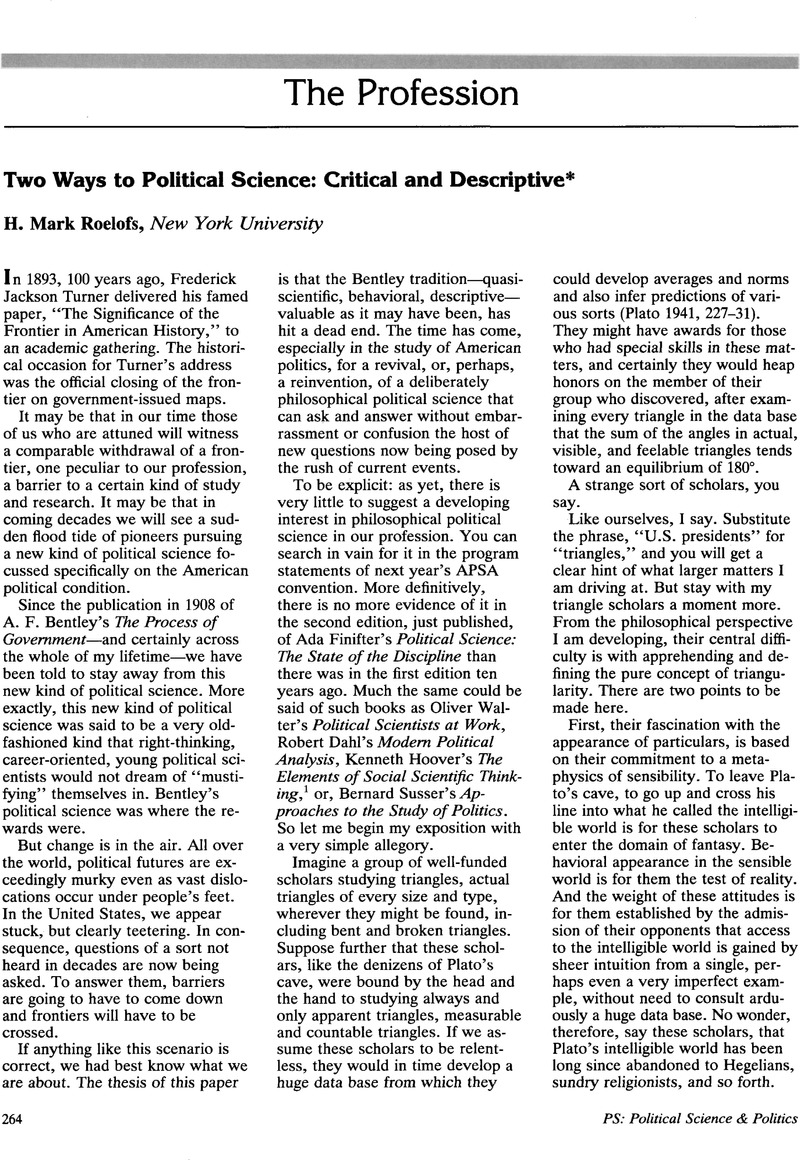Crossref Citations
This article has been cited by the following publications. This list is generated based on data provided by Crossref.
Roelofs, H. Mark
1996.
Schematic Politics.
PS: Political Science & Politics,
Vol. 29,
Issue. 2,
p.
168.





